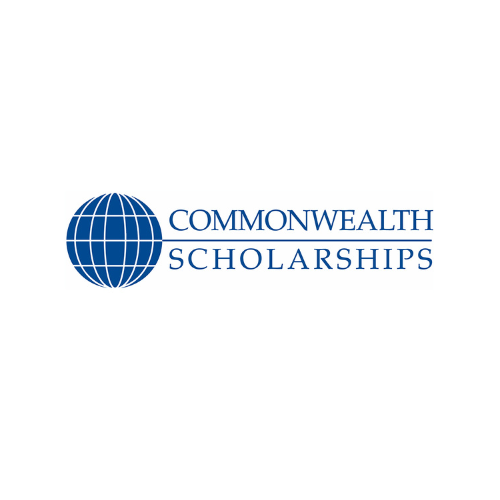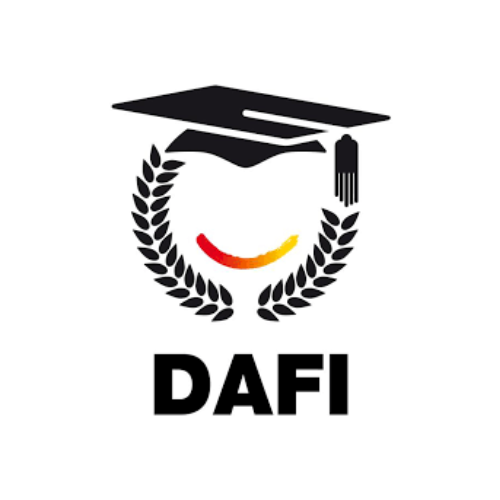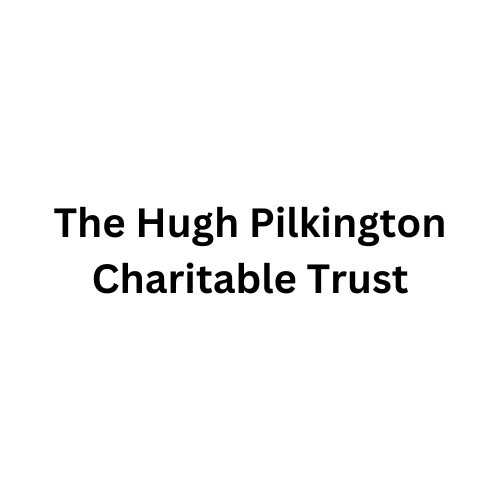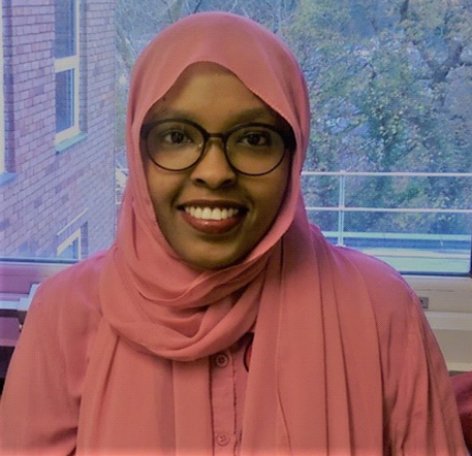Scholarships
In regions that are affected by conflict, there is dramatic inequality when it comes to who can access education. We help to address through our scholarship programmes.
About our scholarships
Being a refugee, or from a group that is discriminated against, means you are even less likely to go to college or university.
Since 1998 we have supported over 1,000 people into higher education through scholarships at undergraduate and postgraduate levels. In partnership with universities and donors we provide scholarship opportunities to conflict-affected students from Eastern and Central Africa at universities and colleges in the UK, South Sudan, Sudan and Uganda.
We carefully select people for our scholarships, holding face-to-face interviews to make sure they meet all of our selection criteria:
Our criteria:
Giving back: We ask scholarship recipients to put what they learn into practice in the future for the benefit of their communities, regions and to the broader Windle community. We look favourably on people who have a previous track record of community involvement activities.
Student status: We give scholarships to people who have refugee status, have been internally displaced, marginalised, in need, or otherwise affected by conflict.
Financial need: Our scholarships are for people who can demonstrate a genuine financial need, who are unable to meet the costs of study on their own.
Gender: To address the huge gender inequality in education among the communities in which we work, we seek to give priority to girls and women. One of our key focuses is on dealing with the disparity in communities, schools, and employment sectors by offering scholarship opportunities that empower women.
Origin and coverage: We give scholarships to people who are resident in the regions of Africa in which we work. In practice this means that candidates should be resident in specific areas of Kenya or Uganda, or throughout the entireties of Sudan and South Sudan.
Enhancing knowledge, professional skills and capacity
We aim to enhance the knowledge, professional skills and capacity of refugees and others affected by conflict in South Sudan, Sudan, Uganda and Kenya, to be effective leaders and contribute to development in the communities in which they live and work.
Many of those that we have supported are working in the public or private sectors, including international and national Non-Governmental Organisations (NGOs) as managers or practitioners in a wide range of sectors such as health, education, engineering, computing, communications, architecture and agriculture.
How do our projects make a difference?
Projects like this contribute to increasing access to and the quality of education for conflict-affected communities in eastern Africa and the Horn of Africa. Find out how this makes a difference below:









